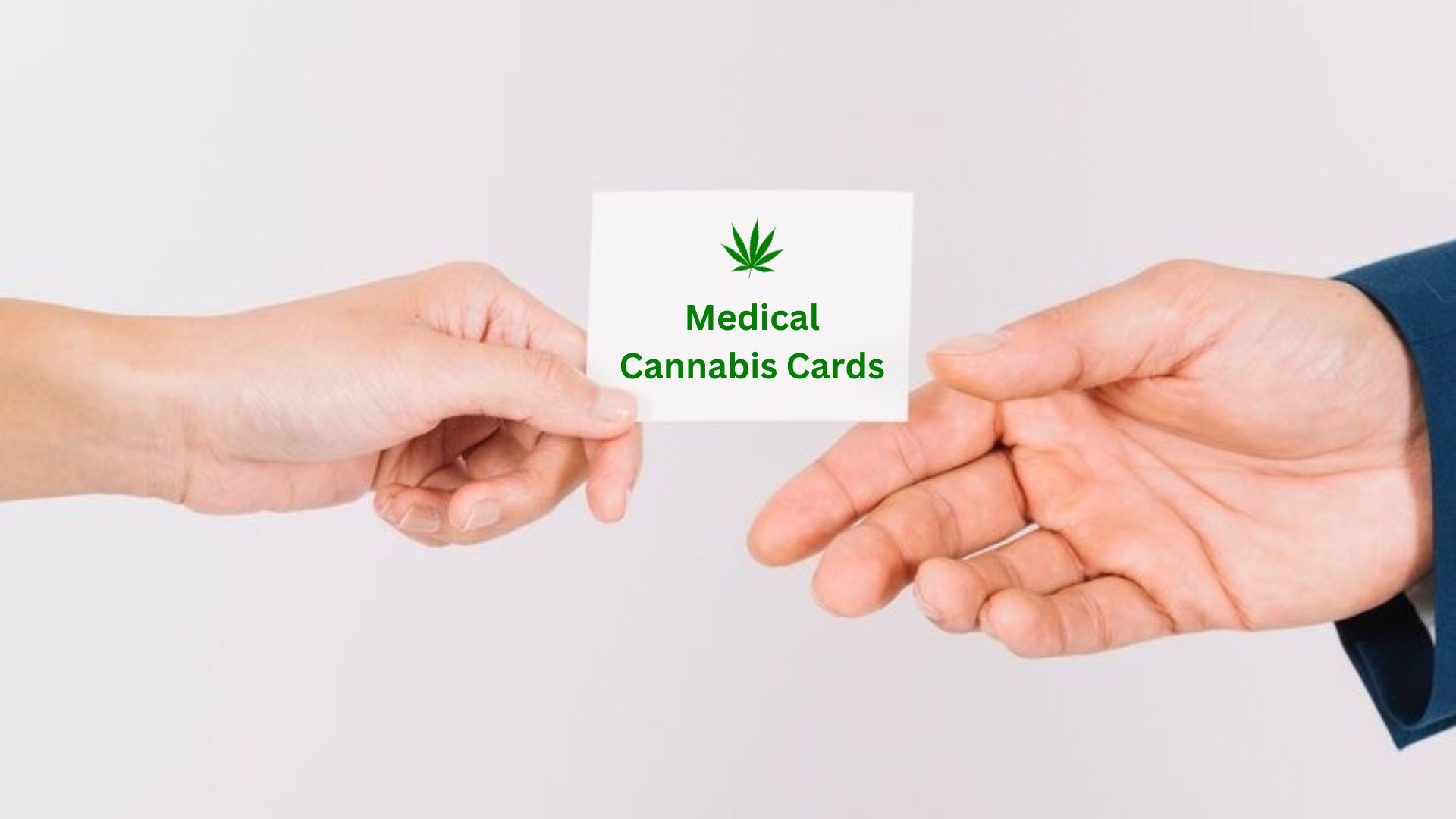Even though medical cannabis is legal in Utah, not every state resident can legally purchase and possess it. You need to have a valid medical cannabis card to be legal. But even at that, cards are not available to everyone. They are limited to four distinct groups of people. Those four groups of people are discussed in this post.
As you read, heed some sound advice from Zion Medicinal in Cedar City, UT: make sure you have a valid patient card before visiting a medical cannabis pharmacy. Pharmacies are required to verify cards before making sales.
1. Qualifying Patients

The first group is by far the largest of the four: qualifying patients. These are people with medical conditions that are included on the state’s qualifying conditions list. They are all legal adults as well. Patients can be professionals, blue collar workers, or even students. They can be young, old, or anything in between.
In terms of qualifying conditions, the most common condition listed on medical cannabis card applications is pain. Utah allows both chronic and acute pain as qualifying conditions. However, acute pain only qualifies for medicinal cannabis under certain circumstances.
2. Legal Guardians
State law does not allow issuing medical cannabis cards to minors alone. The reasons are a different topic for a different post. Nonetheless, minors can get their cards with approval from the Compassionate Use Board. Yet they still cannot go to a pharmacy and purchase. Here is the workaround: their legal guardians get cards as well.
A valid medicinal cannabis card allows a legal guardian to purchase medicines on behalf of a minor. In most cases, you are talking about a parent or grandparent making purchases for a child or grandchild.
3. Caregivers

The next group of people eligible for Utah medical cannabis cards are legally recognized caregivers. These are people who provide care to adult patients who, for one reason or another, are unable to visit a local pharmacy. The caregiver’s card gives an individual authority to purchase and possess medicinal cannabis on behalf of someone with a patient card.
Because the Cedar City and St. George areas are more rural compared to other parts of the state, we suspect there are patients here that have trouble getting out. They have valid medical cannabis cards but cannot hop in the car to go down to the grocery shop. If they have caregivers who normally run to the grocery store or corner pharmacy for them, those same caregivers could obtain medicinal cannabis cards in order to make purchases from us.
4. Out-of-State Visitors With Valid Cards
The final group consists of out-of-state visitors who already have valid medical cannabis cards in their home states. They can apply for a temporary visitors’ card in Utah, a card that allows them to purchase medicines during their visits.
Why is the visitor’s card necessary? Because it is illegal to take medical cannabis into Utah from anywhere else. All medicinal cannabis consumed in Utah must be produced and sold there. That means patients from other states cannot bring their medications with them. A visitor’s card allows them to purchase while they are here.
Visitor cards are good for 21 days. A visitor can apply for two cards during a single calendar year. However, visitors must be diagnosed with one of the qualifying conditions on the state’s list.
5. Veterans with Qualifying Conditions

Utah recognizes the importance of providing access to medical cannabis for veterans dealing with service-related injuries and conditions. Veterans who meet the state’s qualifying conditions for medical marijuana can apply for and receive medicinal cannabis cards. This initiative aims to support veterans in managing their health and well-being through alternative treatments.
6. Terminal Patients and Hospice Care
In an effort to offer compassionate care, Utah’s medical cannabis program also extends to terminal patients and those receiving hospice care. Terminal patients, whose conditions are not expected to improve, can obtain medicinal marijuana cards to alleviate pain and improve their quality of life during their remaining time. Caregivers or legal guardians can assist these patients in obtaining and administering medical cannabis as needed.
7. Individuals with Severe Epileptic Conditions
Utah has recognized the potential benefits of medical cannabis in managing severe epileptic conditions that do not respond well to traditional treatments. Individuals suffering from conditions such as Dravet syndrome or Lennox-Gastaut syndrome may be eligible for medicinal cannabis cards to help manage their seizures and improve their overall quality of life.
8. Patients with Debilitating Medical Conditions

While the state’s qualifying conditions list covers a wide range of ailments, some patients may have debilitating medical conditions not explicitly listed. Utah’s medical cannabis program allows for a compassionate review process, enabling individuals with severe, debilitating conditions to apply for medicinal marijuana cards on a case-by-case basis. This process considers medical documentation and recommendations from healthcare professionals.
9. Patients with Intractable Pain
In addition to chronic and acute pain, individuals experiencing intractable pain may also qualify for medical cannabis cards under certain circumstances. Intractable pain refers to pain that is extremely resistant to treatment and significantly impairs a person’s daily life. Patients with this type of pain may find relief through medicinal marijuana therapies.
Now you know the four groups of people who qualify for Utah medical cannabis cards. If you already have a valid card, you are good to go at any medical cannabis pharmacy in Utah. It’s important to note that eligibility criteria may evolve over time, and new groups of people may become eligible for Utah medical cannabis cards as medical research and legislation progress.
Prospective patients are encouraged to consult the Utah Department of Health’s official website or seek guidance from a healthcare professional for the most current information on eligibility and the application process.Utah’s medical marijuana program is designed to provide access to individuals with various medicinal conditions, ensuring that those in need can benefit from the therapeutic properties of medical cannabis while complying with the state’s regulations and guidelines.











